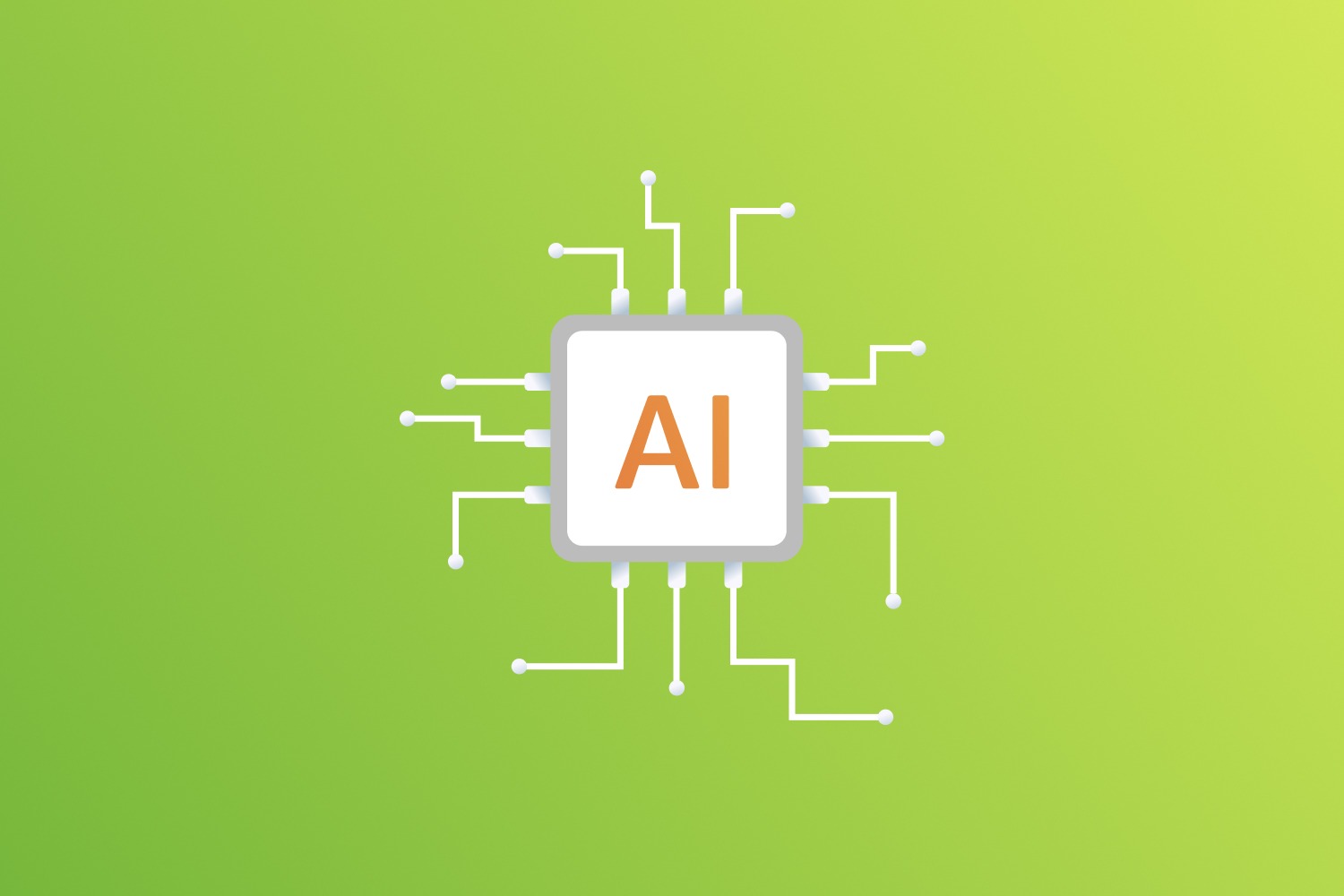Vladislav Yevtushenko, the explorer of RPA practice in Kazakhstan, tells us what RPA is, why automation is rapidly gaining popularity, and how robots became the best friends of progressive business. In this article, we talk about the responsibilities, perspectives, and boundaries of RPA. Also, we will tell you how the RPA profession will open all opportunities for you (literally).
Robotic Process Automation (RPA) is a technology that helps automate routine processes and reduce the cost of data processing and systemization. For this purpose, we use bots—programs that automatically perform scripted actions. They simulate tasks in business or IT processes. For example, data transfer, transaction execution, or request of responses from applications.
Why does a business need RPA?
“RPA are bots that can do our job!” says Vladislav. Robots have several undeniable advantages: lower costs for data processing, execution of simple requests, acceleration of business processes, and the ability to work 24/7 without days off. But, most importantly, bots free our time to do creative tasks.
Here’s a case: one of EPAM’s customers did not have time to generate marketing materials for their products, which slowed the promotion process, and the customer was losing money. However, after applying RPA technologies, they managed to speed up the process of material preparation and data processing and increase their profit.
What are the prospects for me in RPA?
RPA development today is a fresh ground rich in a variety of tasks. Here are the possibilities you can find in RPA:
- Knowledge of various domains (finance, industry, energy, science, tourism, healthcare, etc.)
- Prompt implementation of in-house development in projects
- Ability to travel around the world (RPA engineers often work with confidential data)
- Possession of modern technologies and the ability to constantly improve your skills
- Work with interesting new tasks in one of the most promising IT directions
Although the first wave of RPA popularity has already passed, the field is attracting more and more large investments, which means that interest in it continues to grow. With the development of the strategy, they better understand the technology itself—this not only expands the possibilities but also opens new domains and prospects for developers. Many companies have grown significantly over the past year and a half, thanks to RPA technologies.
What are the tasks of an RPA developer?
The tasks of an RPA developer are approximately the same as those of other IT engineers. For example, there is a customer script that needs to be automated. As soon as we get a task, we first discuss it with business analysts, and then we start writing code, debugging, and testing. At the initial stages, most of the time is spent researching the customer's platforms and software, searching for the most effective solution. When moving from Testing Automation to RPA, I hardly noticed the difference in tasks. But first, you need to learn RPA tools and platforms such as WorkFusion, UiPath, Automation Anywhere, and others. The languages and technologies used will depend on this.
How to become an RPA engineer if you don't know anything about the field?
First, you need a strong background in Computer Science. While working in RPA, you will have to constantly face situations that require solid architectural logic, analytics, and systems thinking. At least, you should know the basics of one of the programming languages on which modern RPA platforms work: Java, Python, C#, etc. Of course, the out-of-the-box platform solution does not always satisfy our technological needs, so we often must add various blocks using other languages—and we need to be ready for this. It is generally worth studying, studying, and studying again: studying new materials, setting up experiments, and asking questions. By the way, EPAM provides free RPA training which is a great chance to start your journey in this area.
What do you like about the profession?
I am pleased to work with various tasks, learn about previously unknown areas, and delve into intricate code. RPA is when you never know what you will encounter! You must research, think, and invent a lot, giving you a lot of creative freedom. Your workflow is like a sandbox, where the shape of the figures depends only on you. As a result, you can develop a terrific solution and get instant feedback relatively quickly, which only provokes interest and drives the work.
Are there any disadvantages?
Due to the novel nature of the RPA direction, the developer community does not grow so well. The RPA direction needs more initiative people with burning eyes to fix this. Then it will rock!
What do you recommend for newcomers to the RPA field?
Do not think that RPA is rocket science, super complicated. You can learn it in a relatively short time. However, to become a professional, you need the right motivation. If you are motivated, then you can do anything. I would also recommend:
- Study modern technology trends and improve your knowledge in Computer Science: an RPA developer needs to have an engineering mindset.
- Communicate with other developers, make valuable contacts, and never hesitate to ask for help from colleagues. Be open to communication because active interaction is the best way to learn quickly and effectively.
Key insights:
- RPA is required for the business to reduce costs by speeding up processes and performing routine actions.
- RPA technology uses Artificial Intelligence, Machine Learning, Natural Language Processing, and software bots.
- RPA is a promising area that allows you to work with exciting problems in various domains and constantly improve your skills and be in the trend of modern technologies.
- Newcomers to RPA need a Computer Science background, logical, analytical thinking, engineering mindset, and knowledge of at least one popular programming language (Java, .NET, Python, C#, etc.).
- EPAM has a flexible system that allows developers to move from architecture to delivery and vice versa, change platforms and specialization, and constantly work on exciting and diverse projects.








